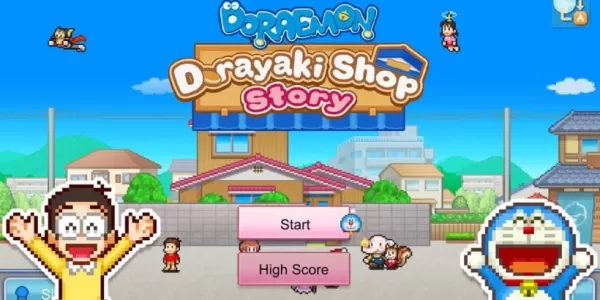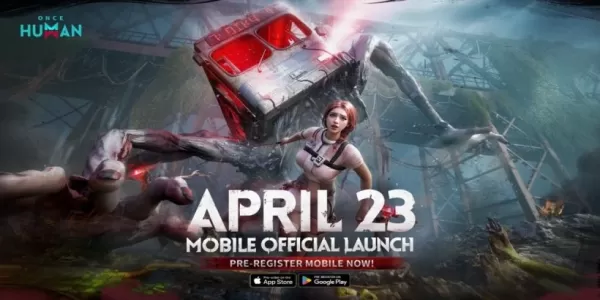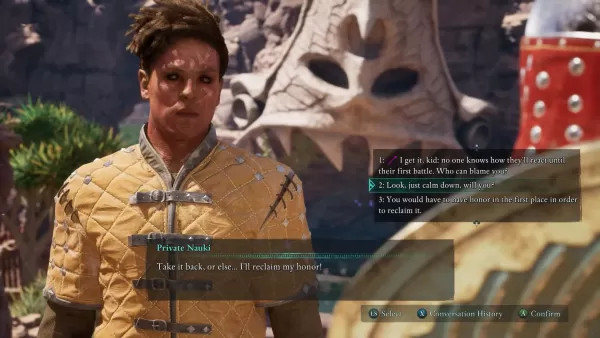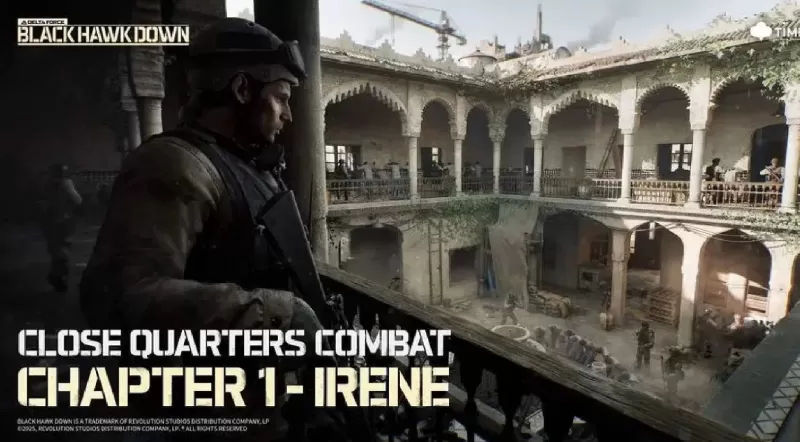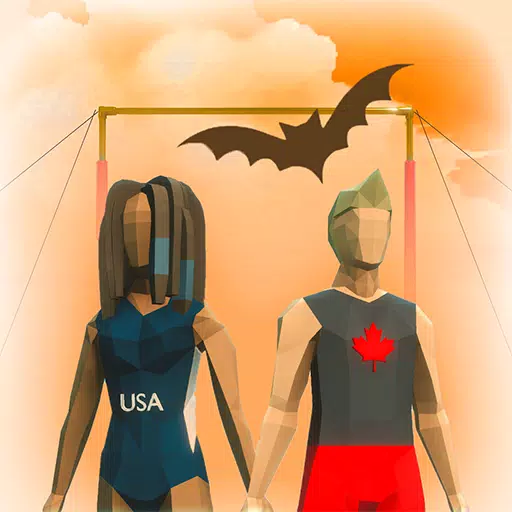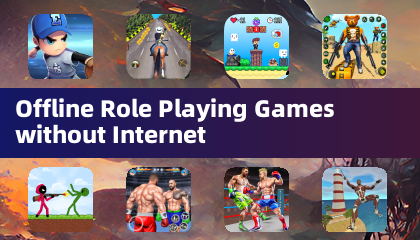Ubisoft has made it clear that purchasing one of their games does not grant players "unfettered ownership rights" but rather provides a "limited license to access the game." This statement comes as the company aims to dismiss a lawsuit filed by two dissatisfied players of The Crew, who challenged Ubisoft's decision to terminate the original racing game last year.
Released in 2014, The Crew is no longer playable. All versions of the game, whether physical, digital, or previously owned, ceased to function after the servers were shut down completely at the end of March 2024. While Ubisoft took steps to develop offline versions for The Crew 2 and its sequel The Crew: Motorfest, allowing players continued access, no such provision was extended to the original game.
At the close of last year, two gamers initiated legal action against Ubisoft, claiming they were under the impression they were purchasing ownership of The Crew rather than merely paying for a limited license to use it. Their lawsuit likened the situation to buying a pinball machine only to find it stripped of its essential components years later.
As reported by Polygon, the plaintiffs accused Ubisoft of breaching California’s False Advertising Law, Unfair Competition Law, and Consumer Legal Remedies Act, along with allegations of common law fraud and breach of warranty. They also argued that Ubisoft violated California's state law on gift cards, which prohibits expiration dates. The gamers presented evidence showing that the activation code for The Crew was valid until 2099, suggesting to them that the game would remain playable well into the future.
Ubisoft, however, disputes these claims. Their legal team stated that the plaintiffs believed they were buying perpetual access to The Crew and were upset that Ubisoft did not offer an offline, single-player option when the servers were shut down in March 2024. Ubisoft's lawyers emphasized that consumers were informed at the time of purchase that they were acquiring a license, not ownership. They pointed out that the Xbox and PlayStation packaging included a prominent notice in all capital letters, stating that Ubisoft could cancel access to online features with 30 days' notice.
Ubisoft has filed a motion to dismiss the case, but if unsuccessful, the plaintiffs are prepared to proceed to a jury trial. Meanwhile, digital marketplaces like Steam have begun to explicitly warn customers that they are purchasing a license, not a game, following a new law signed by California Governor Gavin Newsom. This law mandates that digital marketplaces clarify the nature of the purchase, although it does not prevent companies from revoking access to content, it ensures consumers are aware of the terms before buying.

